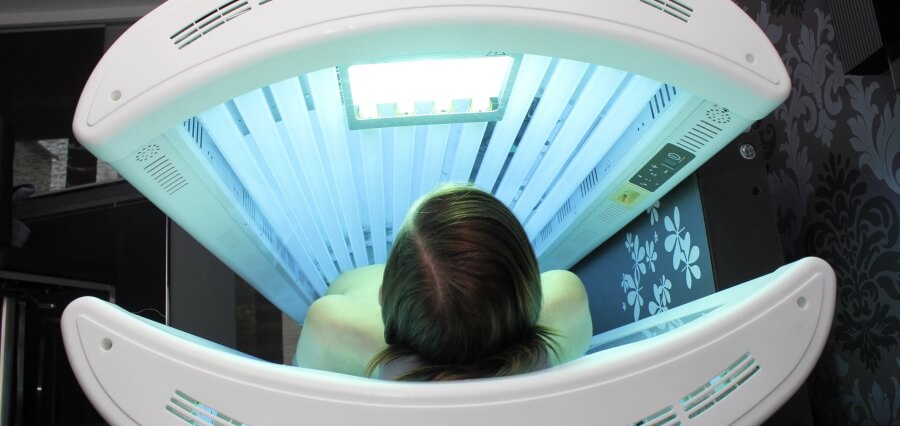Moderna and Merck have reported positive midstage trial data for their experimental cancer vaccine used in combination with Merck’s Keytruda in patients with melanoma, the deadly form of skin cancer. The vaccine, which uses the same mRNA technology as Moderna’s COVID-19 vaccine, showed promising results in reducing the risk of death or relapse in melanoma patients by 49% after approximately three years of treatment. The combination also cut the risk of melanoma spreading to other parts of the body by 62%.
The data builds on earlier trial results released earlier this year, which showed a 44% reduction in the risk of death or relapse and a 65% reduction in the risk of cancer spreading after two years of treatment with the vaccine and Keytruda. Moderna CEO Stephane Bancel expressed optimism about the results and suggested that regulatory approvals for the vaccine could come as early as 2025.
The cancer vaccine, developed using personalized mRNA technology based on an analysis of a patient’s tumors, is designed to train the immune system to recognize and attack specific mutations in cancer cells. Merck’s Keytruda, a widely used immunotherapy, is approved to treat melanoma and other cancers.
The combination is being studied in a phase-three trial for late-stage melanoma, which began in July. Additionally, Moderna and Merck are testing the vaccine with Keytruda against other tumor types, including a late-stage trial for non-small cell lung cancer that started recently.
The U.S. Food and Drug Administration granted breakthrough therapy designation to the cancer vaccine for the treatment of melanoma in February, expediting the development and review process for treatments targeting serious and life-threatening diseases.
Melanoma is a leading cause of skin cancer deaths, and its incidence has increased rapidly over the past few decades. The American Cancer Society estimates that around 100,000 people will be diagnosed with melanoma in the U.S. this year, leading to nearly 8,000 deaths.











